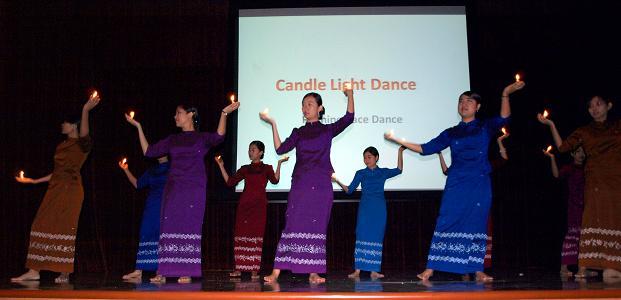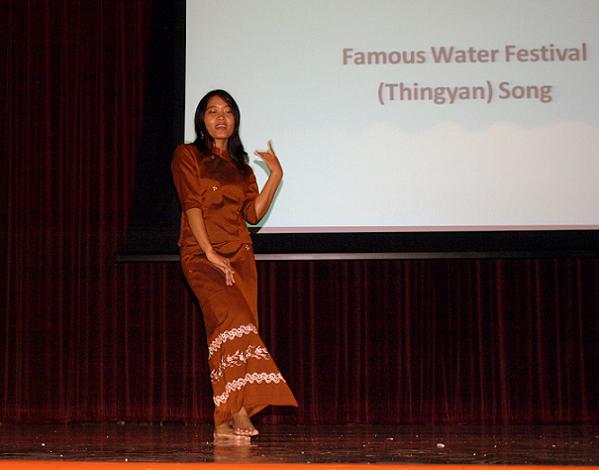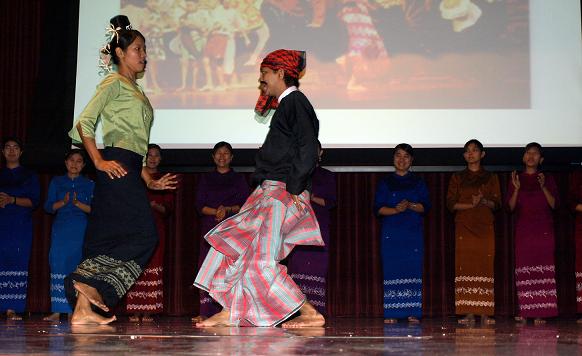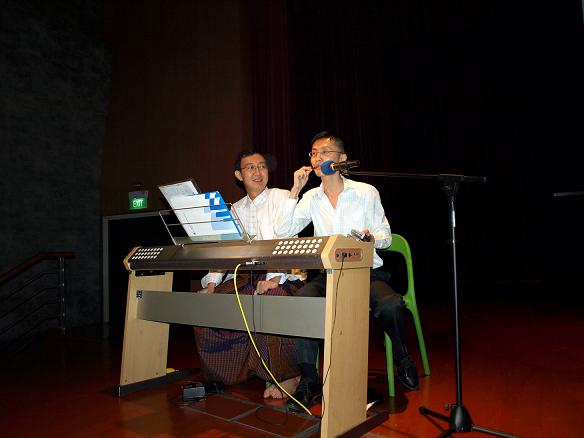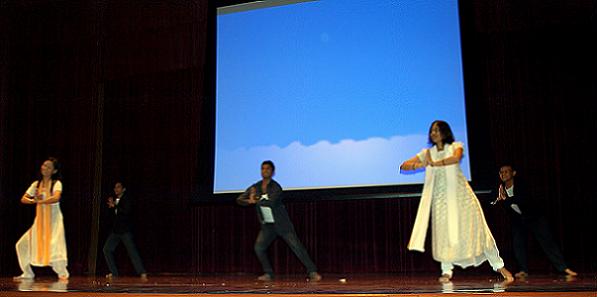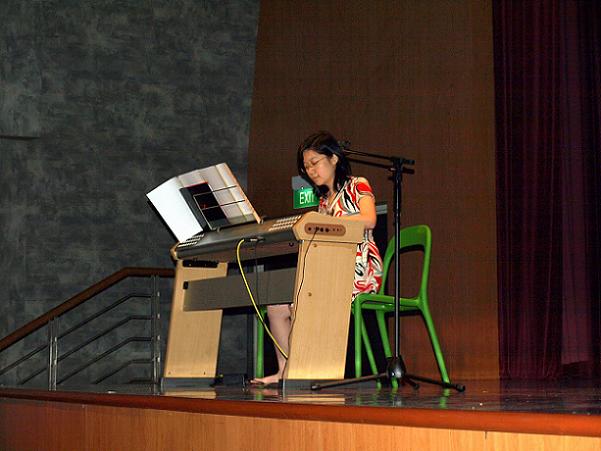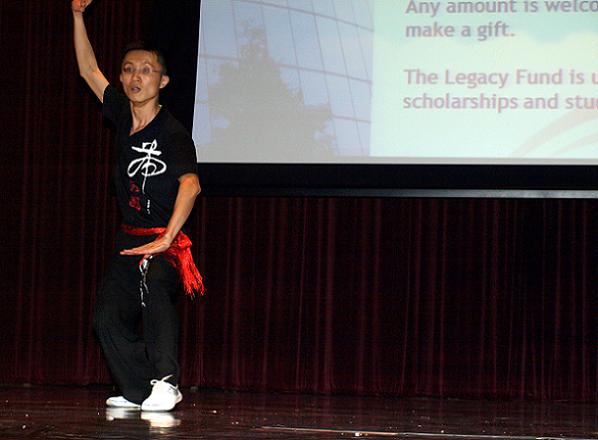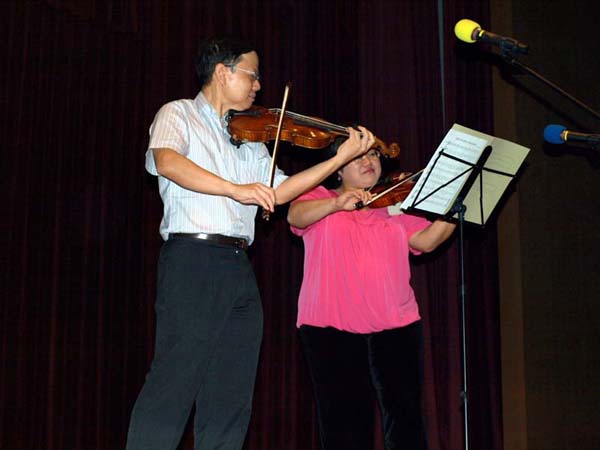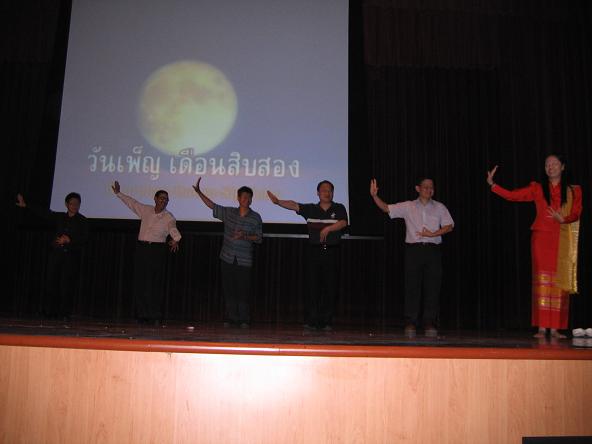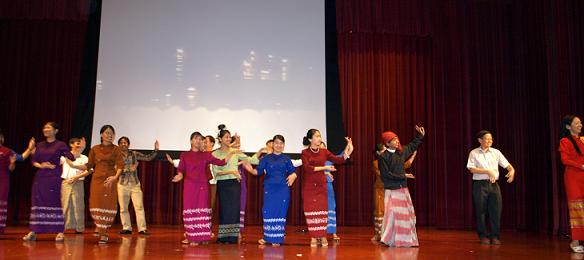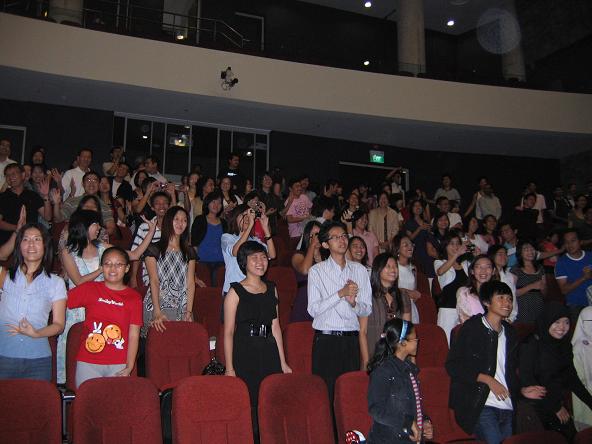Dr Brendan Luyt presented a paper at the COLIS 2010 conference in London, 21-24 June. The paper was co-authored with Dr Intan Azura, who is teaching in the Policy and Leadership Studies Group, National Institute of Education, Singapore.
The sigh of the information literate: an examination of the potential for oppression in information literacy
By Brendan Luyt & Intan Azura
Abstract:
This paper uses Eugene Matusov and John St. Julien’s work on print literacy as a base for exploring how information literacy could be seen as an instrument of bureaucratic and colonial oppression. Three examples are given. The first involves the use of information literacy to push the norms of intellectual property protection, regardless of a wider technological and social context that suggest an ongoing and dramatic transfer of rights from the public to content producers. The second concerns the effects produced by a lack of attention to media monopolization in information literacy initiatives. The concentration of what is essentially a capitalist industry helps narrow the range of ideas and perspectives considered mainstream in society, adding to a new form of mental colonialization that information literacy embraces through its lack of critical attention. Finally, by not challenging the positivist conception of knowledge that animates much of the LIS field, oppression is further enabled as it continues a tradition in educational institutions of ignoring the conditions of textual production, which allows the work of bureaucratic inscription to continue unimpeded. But if it is the case that information literacy can contribute to oppress rather than liberate, it is certainly also the case that it does not have to do so. The nature of information literacy as an oppressive or liberating tool depends on how it is constituted by the wider LIS community. The hope of this paper is that by raising the possibility of information literacy oppression, the field as a whole can safeguard against it.








